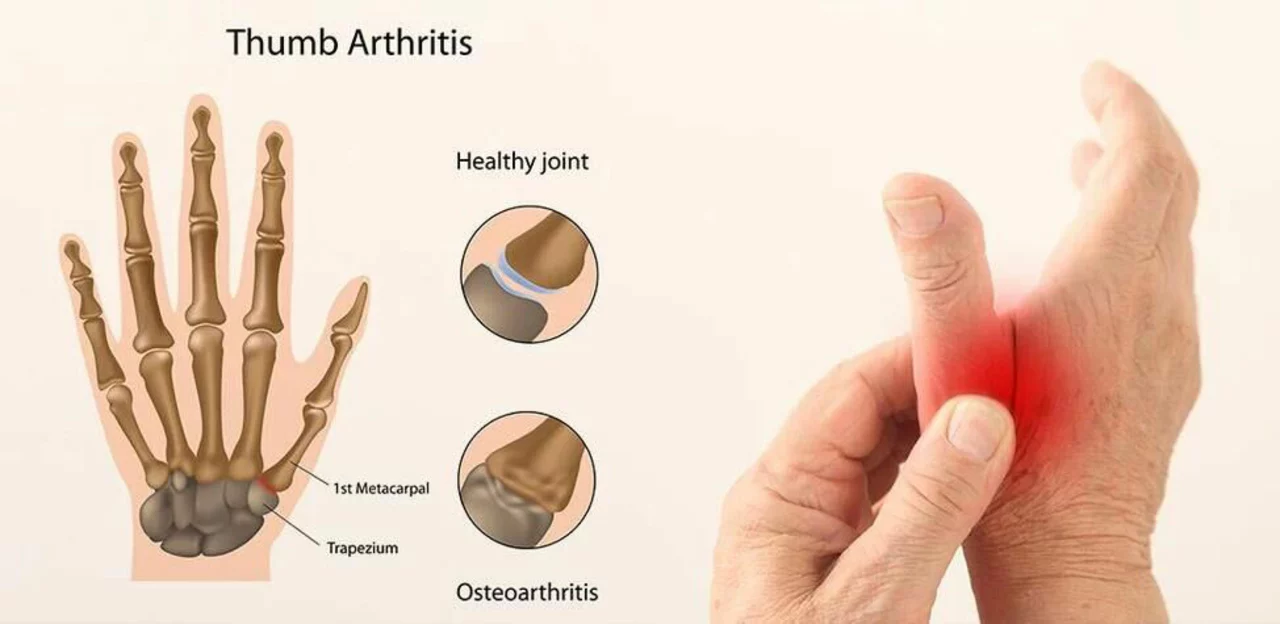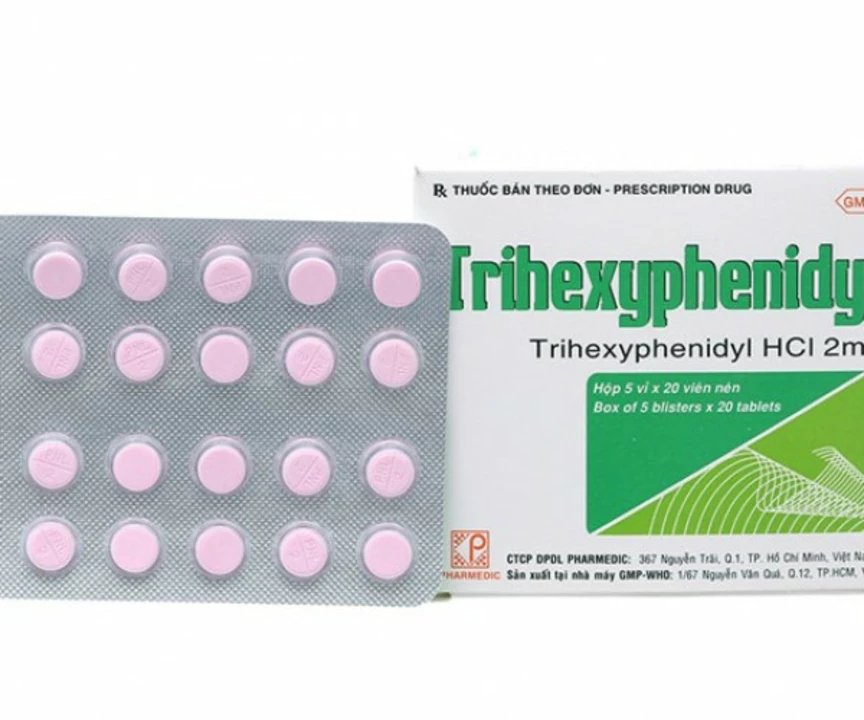Managing Symptoms: Practical Steps to Feel Better Fast
Symptoms are messages. They tell you what's off and what needs fixing. Treating the message is smart — guessing can make things worse. This page gathers clear, practical advice you can use right now for common problems like pain, nausea, itching, shortness of breath, or mood changes.
Start by naming the symptom and timing it. Is it sudden or long-term? Does activity, food, or stress make it better or worse? A short symptom log on your phone helps you and your clinician spot patterns fast. Note intensity, triggers, and any new meds or supplements.
Quick at-home fixes that actually work
Small steps often bring big relief. For nausea, try peppermint tea, ginger chews, slow sips of clear fluids, and avoiding strong smells. For muscle strains, follow rest, ice, compression, and elevation for 48–72 hours, then gentle movement. For sneezing, congestion, or post-nasal drip, saline rinses and a humidifier reduce symptoms without side effects.
Use over-the-counter options carefully. Read labels, check interactions, and stick to recommended doses. If you take a blood pressure drug, an antidepressant, or a blood thinner, double-check with a pharmacist before adding anything new. Cheap alternatives or online pharmacies can save money, but verify credentials and prescriptions first.
When medication makes sense — and how to use it right
Medication is valuable when used correctly. Know why you're taking it, expected benefits, common side effects, and how long to try it. Start low if a drug causes drowsiness or nausea. Keep a list of all medicines and supplements; many side effects come from combinations, not single pills.
If symptoms are tied to a chronic condition, ask about non-drug options too. Diet, targeted exercise, sleep, and stress management often reduce meds or make them work better. For example, simple dietary changes can lower LDL naturally, and probiotics in foods like kefir can help gut-related symptoms.
Always watch for red flags: high fever, sudden severe pain, trouble breathing, fainting, confusion, heavy bleeding, or sudden weakness. These need immediate care. For worsening chronic symptoms — steady weight loss, more frequent attacks, or new neurological signs — schedule prompt medical review.
Use reliable resources. Our tagged articles cover drug basics (uses, side effects), alternatives, and practical routines for symptom control. Read specific posts on nausea alternatives, phosphate binders for kidney patients, or safe online pharmacies before making choices. When in doubt, ask a clinician or pharmacist.
Simple checklist to act on: keep a one-week symptom log, take photos if skin or swelling changes, carry an updated medicine list, check interactions with a pharmacist, try one small lifestyle change for two weeks (like better sleep or 10 minutes of daily walking), and book a follow-up if things don't improve in 7–14 days, and keep emergency numbers on your phone.
Tracking, simple self-care, smart medication use, and timely medical follow-up cut recovery time and reduce surprises. Treat symptoms as clues, not just annoyances. That approach keeps you safer and helps you get back to normal faster.

Osteoarthritis and Travel: Tips for Managing Symptoms on the Go
As a frequent traveler, I've learned a few essential tips for managing my osteoarthritis symptoms while on the go. First, I always make sure to pack comfortable shoes and clothing to help reduce any joint pain. It's also crucial to plan breaks and rest periods throughout my journeys to give my joints some downtime. Additionally, I find that staying hydrated and maintaining a healthy diet can work wonders in alleviating discomfort. Lastly, I never leave home without my medications and a portable heating pad or ice pack for quick relief when needed.

Trihexyphenidyl and Travel: Tips for Managing Symptoms on the Go
Traveling can be quite challenging for individuals taking Trihexyphenidyl, especially when it comes to managing symptoms on the go. First off, it's essential to have a pill organizer to ensure you're taking the medication on time and not missing any doses. Secondly, keeping a journal to track your symptoms and medication intake can help you identify any patterns or triggers. It's also vital to stay hydrated and maintain a healthy diet while traveling, as this can help alleviate some side effects. Lastly, don't hesitate to inform your travel companions about your condition, so they can provide support if needed.
-
14.05.23 -
Alistair Mukondiwa -
13
- Drug Information (69)
- Health and Wellness (59)
- Medical Conditions (22)
- Pharmacy Information (22)
- Supplements (4)
- Diabetes (4)
- Travel Health (3)
- Mental Health (3)
- Heart Health (2)
- Parenting (2)
-
Travel Sickness on Buses, Trains & Subways: Effective Coping Strategies
28 Sep 2025 -
Government Medication Assistance Programs by State: What’s Available in 2025
7 Dec 2025 -
Assistive Technology for ADHD Students: Practical Tools and Tips
29 Sep 2025 -
Cystone vs Alternatives: Natural Kidney Stone Remedies Compared
18 Nov 2025 -
Erythromycin for Typhoid Fever: When to Use It, Dosing, and Prevention (2025 Guide)
3 Sep 2025

21.05.23
Alistair Mukondiwa
8